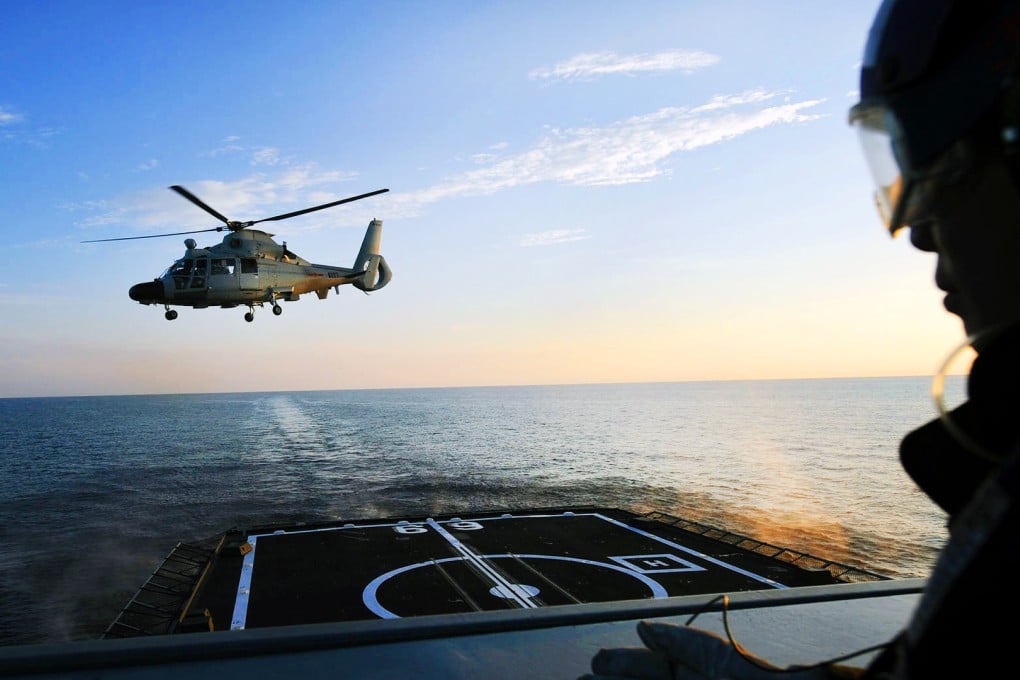China charts course for blue-water navy, extending reach into open seas
Defence ministry lays out plans to extend its maritime reach into the open seas, shifting national military focus away from land forces

China has unveiled plans to expand its naval power as part of an assertive military strategy that aims to go beyond its present push for "offshore defence" to "open-seas protection".
The defence ministry released a white paper on the plans yesterday, the same day that China broke ground on construction of two lighthouses in the disputed Spratly Islands.
Beijing said the lighthouses on Huayang Reef and Chigua Reef - sites of massive reclamation works - were "to improve navigation safety in the South China Sea". The reefs are also known as the Cuarteron Reef and Johnson South Reef.
The release of the 9,000-word document comes as Beijing is embroiled in a diplomatic spat with the United States over China's extensive land reclamation in the South China Sea.
The tension has been compounded by a series of events, including a CNN report on warnings from China against US reconnaissance flights in the area, as well as US accusations that China tried to electronically jam one of its drones.
